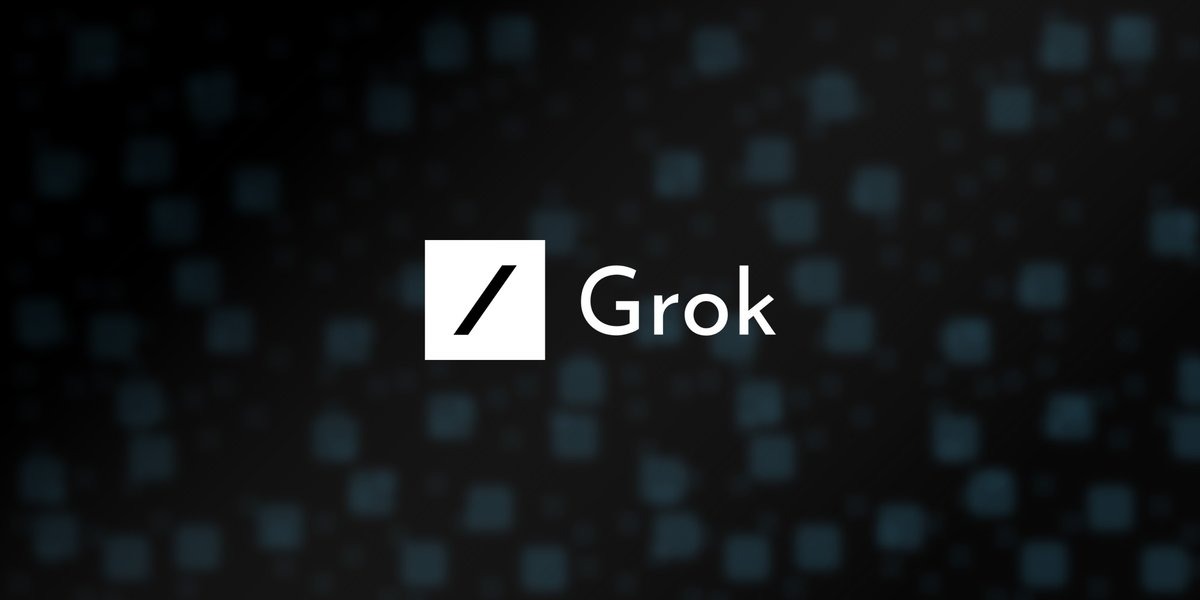Grok Goes Open Source: Elon Musk Challenges OpenAI and Promotes More Transparent AI
In a bold move that could redefine the standards of generative artificial intelligence, Elon Musk has announced the imminent opening of Grok’s code, the chatbot developed by his company, xAI. This act directly positions Grok as a serious rival to OpenAI’s ChatGPT, marking a shift towards a more open and accessible AI, away from approaches perceived as commercial and restrictive.
Grok: A New Challenger in the AI Arena
Under the aegis of xAI, Grok emerges as a new and innovative force in the world of generative AI, distinguishing itself by its ability to conduct complex conversations with a unique element: a distinct sense of humor. Musk’s initiative to open Grok’s source code resonates as a veiled critique against OpenAI, a company he helped found and now distances himself from due to ideological and commercial divergences.
The Musk-OpenAI Quarrel: More Than Just Code
At the heart of the announcement lies a prolonged quarrel between Musk and OpenAI, a struggle that transcends mere technology to touch the very foundations of open-source and ethics in AI. Musk, having broken with OpenAI in 2018, openly accuses the organization of straying from its original ideals in favor of a commercial orientation, notably through its partnership with Microsoft. By freeing Grok’s code, Musk not only proposes an alternative to ChatGPT but also questions the trajectory taken by OpenAI.
The Potential Impact of Open Source on Generative AI
Grok’s shift to open source could catalyze unprecedented innovation in generative AI, paving the way for extensive collaboration and accelerating the development of new AI applications. This decision challenges business models centered on exclusive control of AI technologies, promoting instead an ecosystem where knowledge and tools are freely shared.
Grok vs. ChatGPT: A Rivalry Charged with Meaning
This rivalry goes beyond mere technological competition to raise fundamental questions about the role of AI in our society. Grok, with its offbeat approach and humor, offers a vision of AI that is closer to humans, while ChatGPT, with its caution and concern for avoiding sensitive content, reflects a more conservative approach. This contrast could influence users in their choice of AI, favoring the one that best matches their worldview.
Opening the Code: A Step Towards More Democratic AI?
Musk’s decision to make Grok open source is not just a blow to OpenAI but also a bet on the future of AI. By promoting an open and collaborative approach, Musk hopes to encourage AI development that is not only rapid and innovative but also transparent and ethical. In doing so, he poses a fundamental question: what role do we want AI to play in our future?
Grok, a Catalyst for Change
By opening Grok’s code, Elon Musk seeks not only to compete with ChatGPT; he aims to reshape the future of generative artificial intelligence. If successful, this initiative could encourage broader reflection on the values we wish to see in our technologies and how they are developed. The opening of Grok is a call to a future of AI that is developed ethically, transparently, and, above all, beneficially for everyone.
